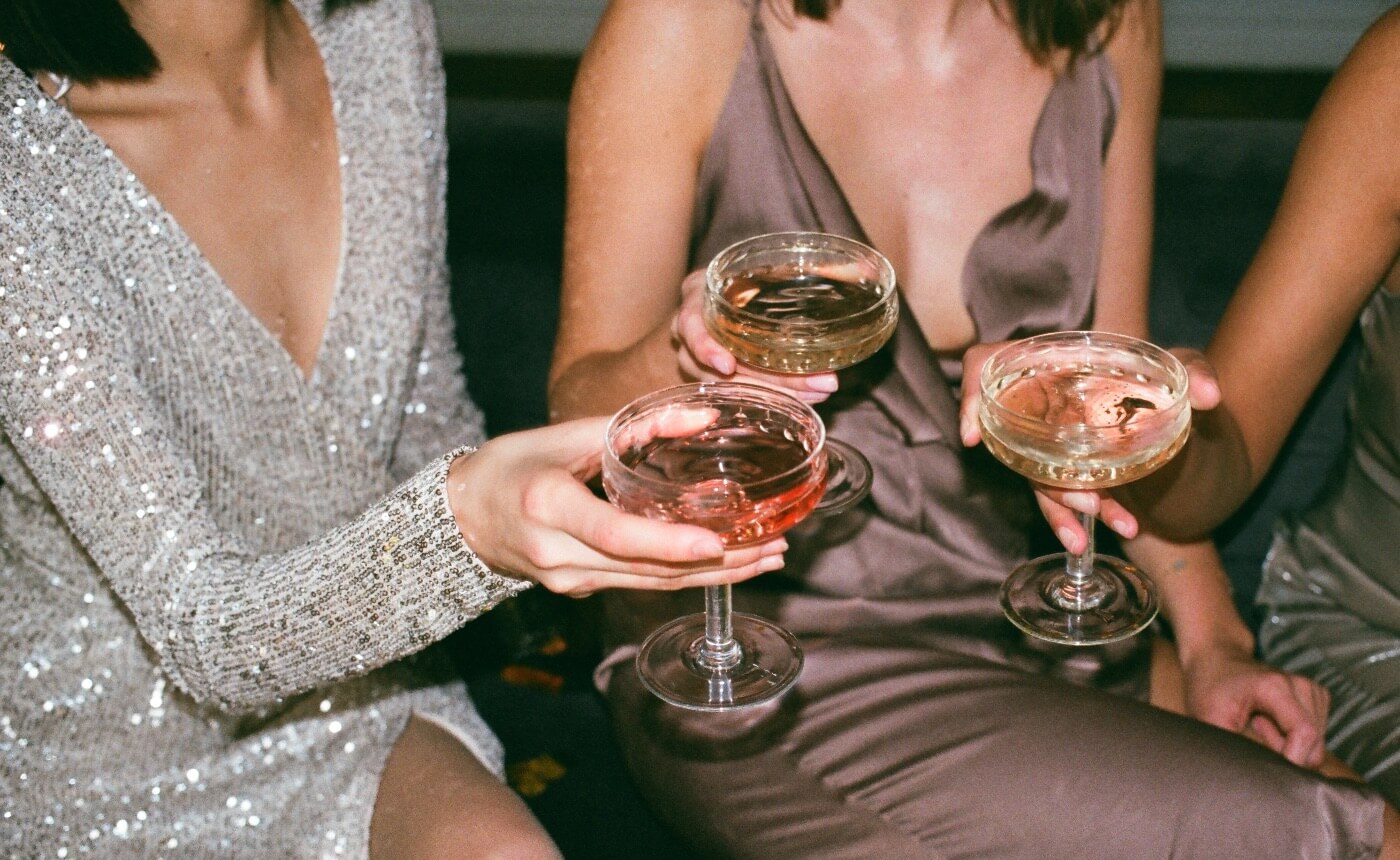Though New Year’s Eve definitely wasn’t the same this year, you may still have found yourself getting deep into the Baileys (no judgement here). While it may have been lovely at the time, have you found yourself to be more anxious than usual today? If so, you might have hangxiety.
Hangxiety — hangover anxiety — is pretty common, and is just one psychological symptom of a hangover. It’s probably even less nice than the headache or nausea you feel the morning after drinking (and the insatiable thirst for a pint of water — or something fizzy).
There is no one single cause for hangxiety — which is a pretty new concept — but medical professionals have a few theories.
Cyndi Turner, Clinical Director at Insight into Action Therapy, tells Healthline that though alcohol can at first make you feel less anxious — especially if you already live with an anxiety disorder — as the effects of alcohol wear off, the anxiety returns; and the physical effects of a hangover can increase how anxious you feel.
Elizabeth Bulat, M.D, a substance abuse specialist at Henry Ford Health System, says that while alcohol gives you a ‘flood of dopamine into the pleasure center of the brain’, the rush only lasts a short while. When the dopamine levels dip back down, feelings of anxiety rebound.
She says: “Heavy drinking produces physiological changes in the brain. When you’re drinking, there’s an influx of the GABA (gamma aminobutyric acid), which causes you to feel relaxed and calm.
“When you stop drinking, you have withdrawal symptoms. Your body gets used to that crutch to feel calm. Take it away and anxiety often follows.
“Add interrupted sleep to the mix, which often happens when people drink to excess, and feelings of depression and anxiety can get even worse.”
Joseph Janesz, PhD, tells The Cleveland Clinic that even if you only drink an ounce of alcohol, you experience a detox or withdrawal. It takes your body and liver eight hours to remove it — which can actually affect your central nervous system, and cause anxiety.
Poor sleep is another factor. While you may feel super tired after a night of drinking — and it may even help you drift off to sleep — later in the sleep stages, alcohol disrupts REM sleep and paralytic sleep, which is the point where the body rejuvenates itself, meaning you won’t feel as energised the next day.
The ADAA notes that sleep deprivation can cause anxiety, with research showing that some form of sleep disruption is present in nearly all mental health issues; with people with chronic insomnia being high risk for anxiety disorders.
Alongside sleep, what you drink during and after drinking alcohol has an affect on your mood. Alcohol depletes folic acid, and there’s a belief that lack of folic acid can cause feelings of anxiety and depression.
There are some people who drink water in between alcoholic drinks — and this is a great idea. It’s not something that everyone does, so a night of drinking alcohol with no additional fluids can dehydrate you and leave you feeling on edge the next morning.
And if you spent the night leaving voicemails for your ex (we’ve all been there), you may wake up feeling embarrassed and anxious the next morning.
If you’re feeling anxious this New Year’s Day, it’s important that you hydrate yourself, relax and take it easy. Your body needs to re-energise. To help with the anxious feelings, try to practice deep breathing throughout the day, eat a light meal, try your best to get some sleep (perhaps try out one of these night-time podcasts), and get some over-the-counter pain relief for that pounding headache.

